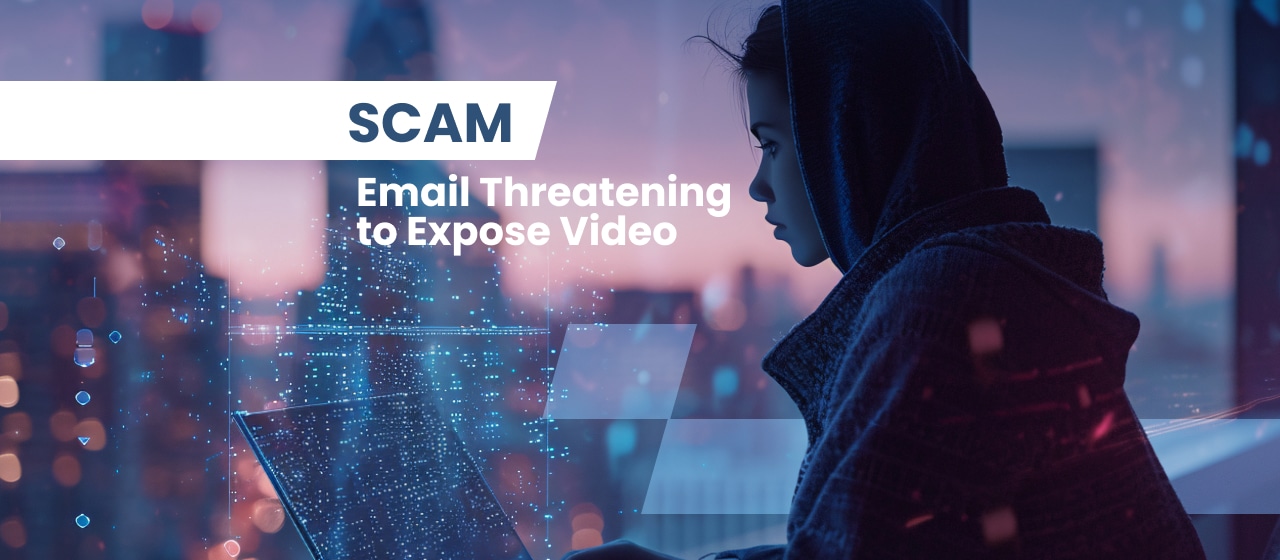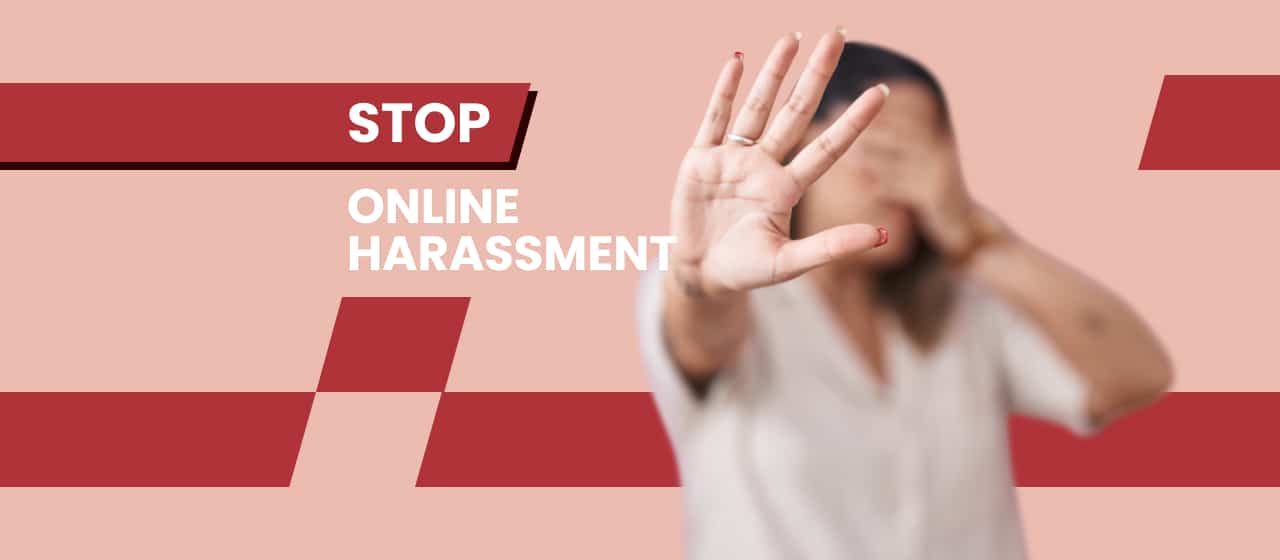It’s one thing to receive a spam email threatening to expose your personal data to the public. When the person on the other end sends a scam email claiming to have videos to support their assertions, the situation instantly becomes more dire. But do they actually have a video of you, or are they just employing classic scare tactics? Keep reading to learn more about video scam emails saying they have videos of you.
What Should I Do If I Get an Email Claiming to Have Videos of Me?
While it’s possible that the scammer has obtained video of you either from a third-party source or through surveillance, these claims are often empty threats. More realistically, the email has been sent to multiple people with the hopes that at least one will believe it. Here’s how you can tell.
Generic Messages
As we stated, these types of video scam emails are often delivered in a mass-email blast to multiple recipients. As such, they are composed of messages that follow a generic outline with limited personal information found from previous data breaches sprinkled in. One way to check if you received a generic spam email is by searching for a portion of the message you were sent to see if other similar examples exist online.
Lack of Evidence
Email scams threatening to expose videos can cloud your judgment — but think critically for a second: If they had a video of you, wouldn’t they at least send a single frame as proof. If the email doesn’t go into specifics on the content they have and fails to tangibly prove the video’s existence, it’s likely a fake claim meant to scare you into complying.
Scare Tactics
If the scammer doesn’t actually have video of you, their entire scheme relies on your fear and belief. To manufacture this, scammers will employ scare tactics. They may throw around names like Pegasus, a well-known form of spyware. They claim that they’ve monitored you for months and acquired a stockpile of footage.
The perpetrator will likely set a deadline for payment and tell you they will know if you contact law enforcement to create a sense of urgency. They may even spoof the email header to make it appear as though the message was sent from your own address.
How to Respond to a Video Scam Email
- Stay Calm: We understand what you are feeling and the type of duress these video scam emails can put victims under. However, it’s important that you don’t panic and instead proceed with the appropriate course of action.
- Don’t Engage: You may feel inclined to either respond to the threatening email or block the sender altogether. You should not converse with the cybercriminal, but you’ll want to leave the line intact while you investigate the attack.
- Analyze the Email: With the information we covered above in mind, evaluate the validity of the threats being sent your way. If it feels like the email could’ve been sent to anyone, it’s probably just spam.
- Collect Evidence: While you are vetting the validity of the video scam email, document the sender and any details of the message that display the threats being made. Even if they don’t have the dirt on you that they claim to, they’ve still committed a crime.
- Contact Authorities: Like any cybercrime, you should report the video scam email to law enforcement and the email platform provider. This can help deter your harasser and keep the entire internet a little bit safer in the future.
Consider the Assistance of Cybersecurity Professionals
If you need help at any point in your response, the assistance of cybersecurity experts can be a huge asset. These professionals understand how such schemes unfold from experience. They can help you assess the validity of the threat, gather and document evidence, and determine the optimal path to take to combat your assailant.
You’re Not in This Alone: Cyber Investigation Inc. Can Help
At Cyber Investigation Inc., our team of experts know exactly what to do in the event of a scam email threatening to release private videos. We’ve seen thousands of similar cases, and our 4.93-star rating displays our ability to reach a satisfying resolution for our clients. Here’s what we can do for you.
Take Over Communication
You have enough on your plate and likely don’t have experience conversing with cybercriminals. When you work with CI, we can step into your place and take over communication on your behalf. Our experience handling these cases allows us to delay the harasser, collect valuable intel, and prevent further harm.
Thorough Analysis
Our proprietary tools and techniques allow us to analyze metadata in email headers and any content that has been shared. Through this, we can determine the origin of the email down to the geolocation and the device used to send it. This can allow us to identify the perpetrator.
Malware Detection
Scammers often claim to have captured video of you using your own webcam. Attacks like this require the download of malicious software onto your device. We can scan your device for such programs to determine if unauthorized access to your webcam or microphone has occurred.
Complete Documentation
We chronicle our entire investigation from the minute we pick up your case through its resolution. This ensures that the chain of custody is maintained, and your report can be used as admissible evidence in any legal proceedings.
Ongoing Monitorization
After your case has concluded, we can still be of assistance. We can provide continual monitoring for security threats to help you avoid falling into similar traps in the future. Additionally, we can assess your current system and internet practices to help you beef up your cybersecurity.
Moving Forward: Safe Online Practices
Unfortunately, there is always a threat of bad actors engaging you online. However, there are steps you can take to minimize your chances of experiencing their harmful behavior:
- Secure Your Accounts: Update your passwords regularly, especially if you are notified that they’ve been compromised in a breach. A password manager can help you update and store your passwords. Additionally, using two-factor authentication (2FA) can add an extra level of security to your online accounts.
- Avoid Oversharing: This may seem like an obvious step. Don’t share compromising videos online. But with the advancement of AI deepfake technology, you also have to be wary of who can see your innocent media.
- Don’t Click Suspicious Links: Many video scam emails claim to have videos that they don’t and contain links to either make payment or view the alleged content. These links often contain malware and clicking on them may open you up to a legitimate spyware scam.
- Use a Reputable Antivirus: Regularly scan your devices to detect any unwanted programs and malicious software. This can help you determine the validity of a spyware claim and protect your personal data from the wrong hands.
And if you are experiencing a scammer threatening to release videos of you, remember that you are not alone. Reach out to Cyber Investigation Inc. today and let us help you protect your reputation and restore your peace of mind.







